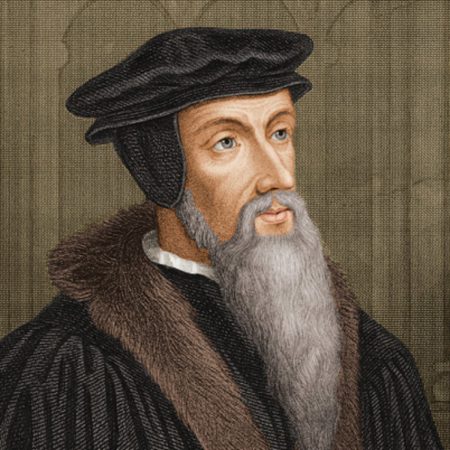Protestant Reformer John Calvin (1509 – 1564) was convinced that the human mind is a veritable “factory of idols.” This sinful impulse is alive and well within the Church, which is why we must be about the business of always reforming (semper reformanda) according to God’s Word. In the following quotation from his Institutes of the Christian Religion (1559),1 Calvin alerts God’s people to their fascination with and weakness for idols. Christians must continually scrutinize their hearts and minds, checking against God’s Word what they find therein.
[M]an’s nature, so to speak, is a perpetual factory of idols. After the Flood there was a sort of rebirth of the world, but not many years passed by before men were fashioning gods according to their pleasure . . . Man’s mind, full as it is of pride and boldness, dares to imagine a god according to its own capacity; as it sluggishly plods, indeed is overwhelmed with the crassest ignorance, it conceives an unreality and an empty appearance as God.
To these evils a new wickedness joins itself, that man tries to express in his work the sort of God he has inwardly conceived. Therefore the mind begets an idol; the hand gives it birth. The example of the Israelites shows the origin of idolatry to be that men do not believe God is with them unless he shows himself physically present.2
![]()
Footnotes:
1 For an online version of Calvin’s Institutes of the Christian Religion, visit: http://www.ccel.org/c/calvin/institutes/.
2 John Calvin, Institutes of the Christian Religion, ed. John T. McNeill, trans. Ford Lewis Battles (Philadelphia: The Westminster Press, 1960), 108. In other translations, see: Book 1, Chapter 11, Section 8.





